HOW TO BUILD RESILIENT
EDUCATION SYSTEMS
Using evidence to rewrite children’s futures

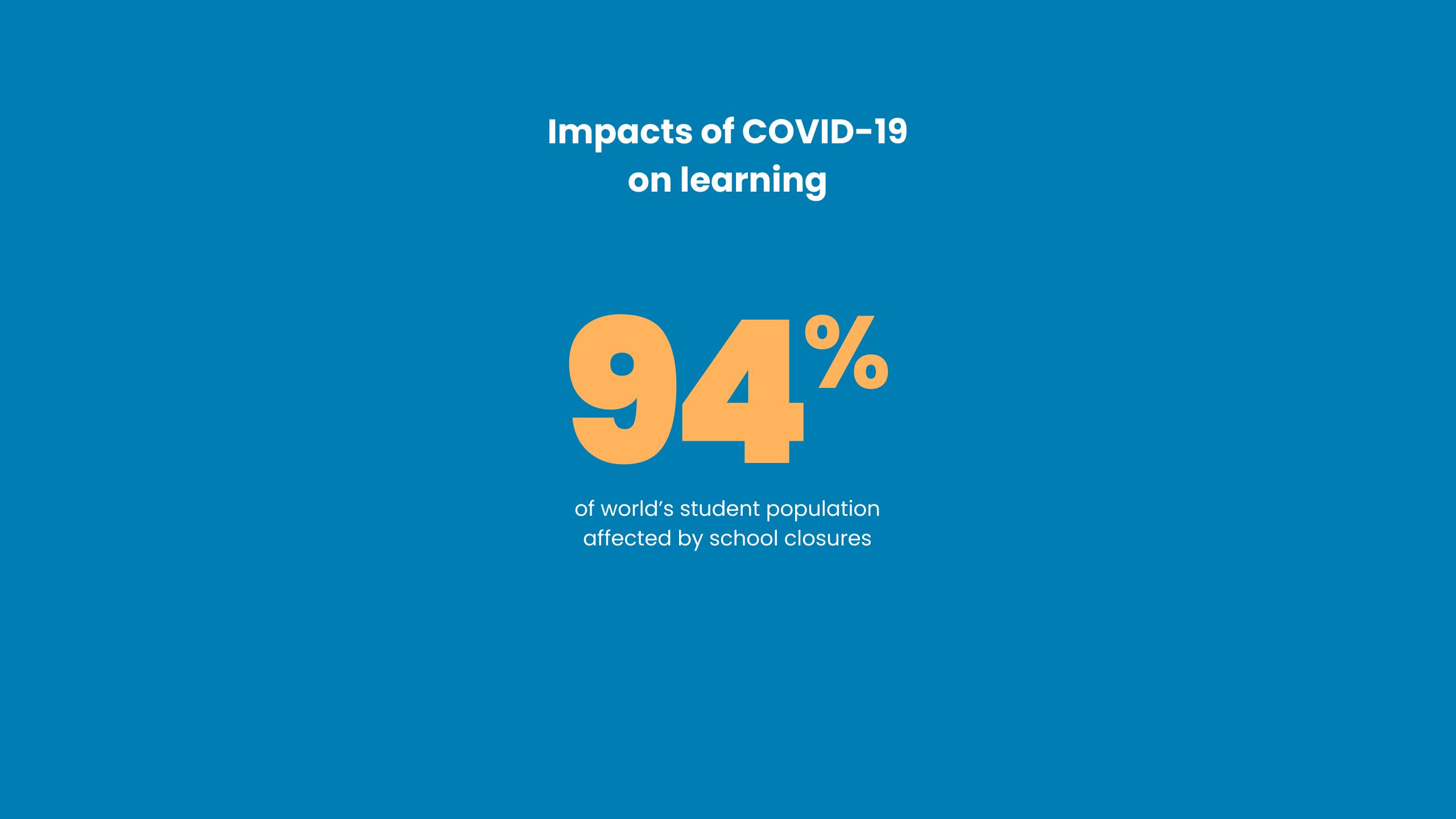
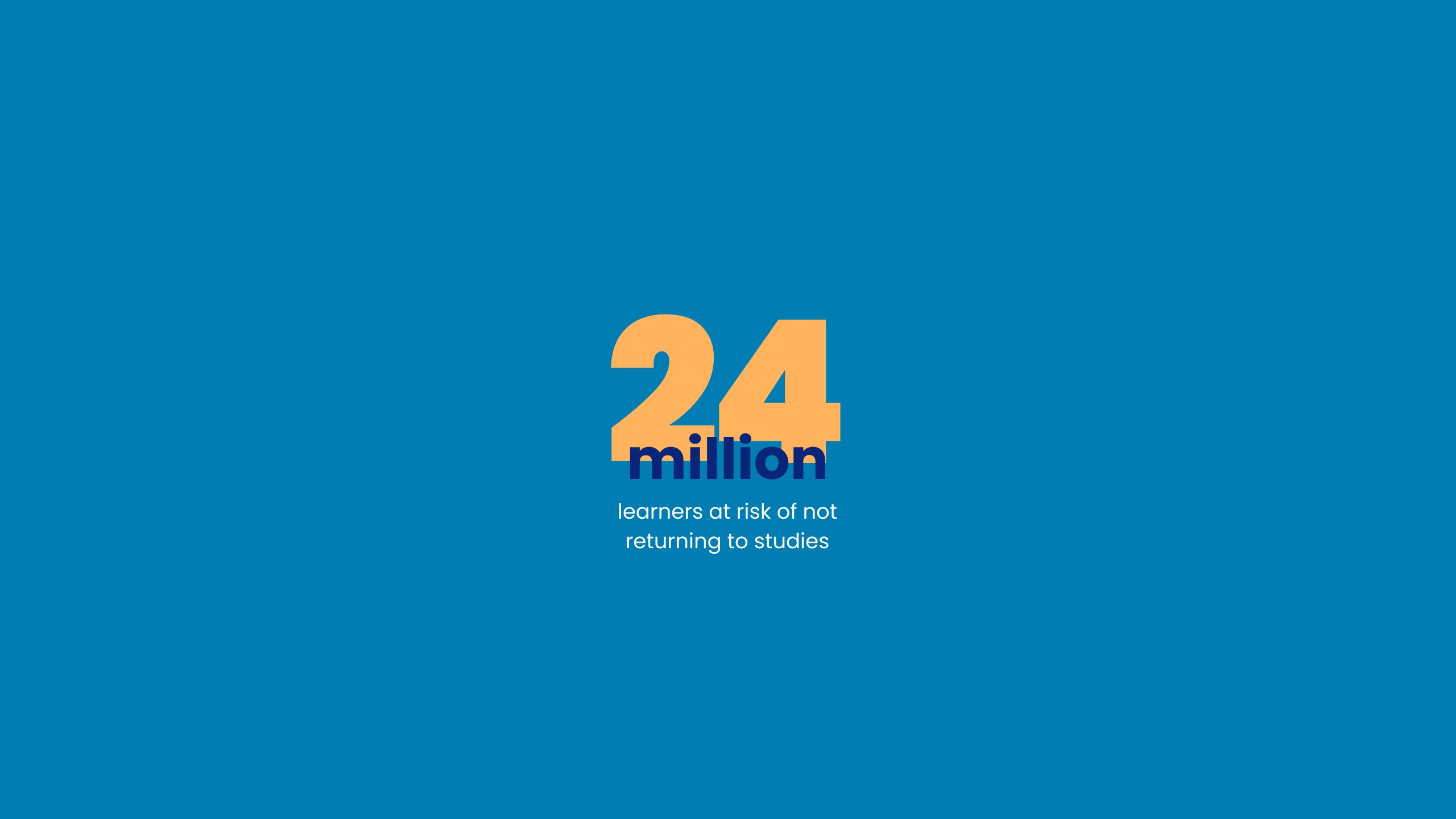
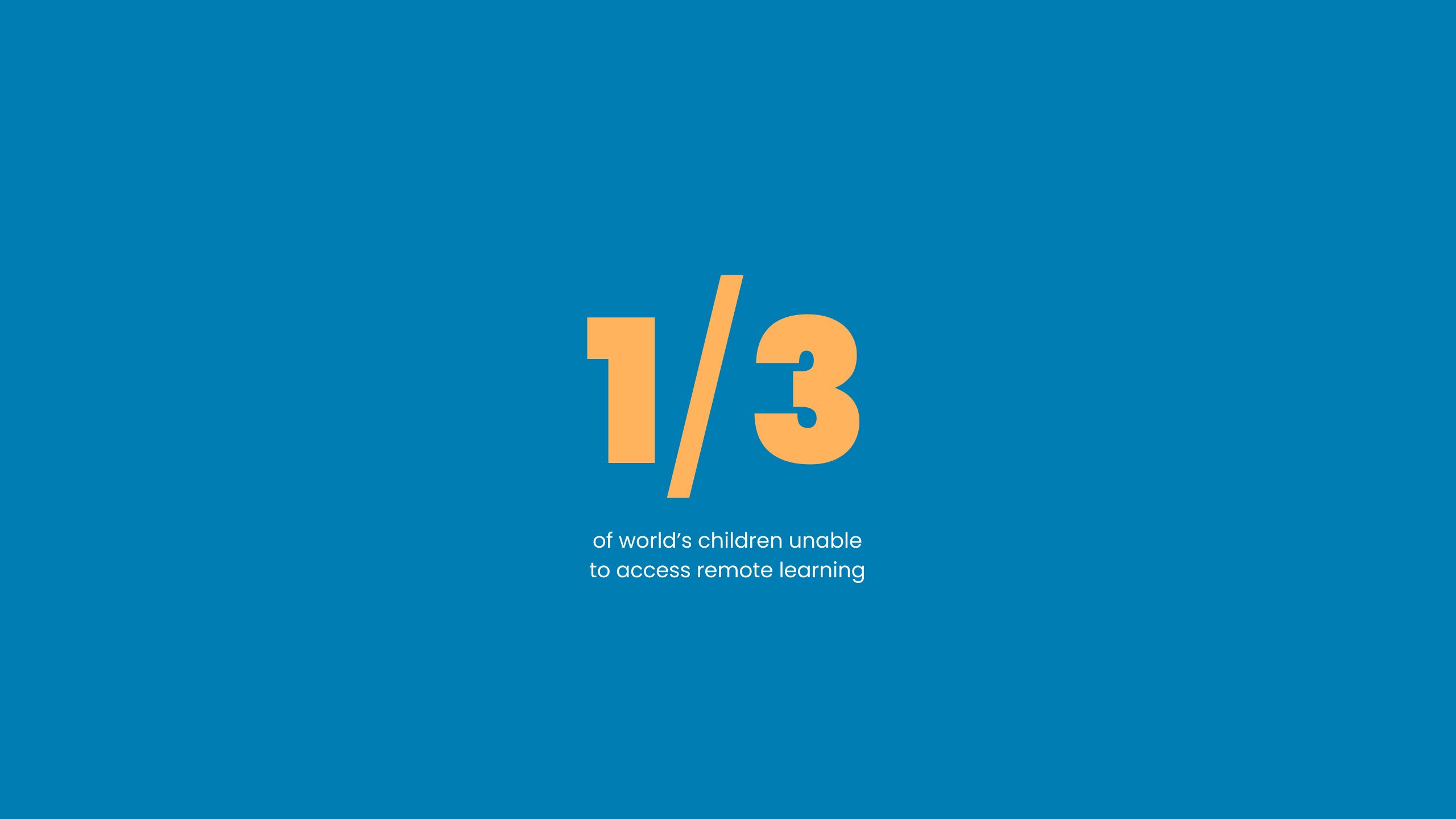
The COVID-19 pandemic has caused unprecedented learning disruptions for 1.6 billion children worldwide. But, it has also provided us with opportunities to address the underlying challenges of learning inequality and build more agile and resilient education systems.
‘The world’s most vulnerable and disadvantaged students were hit hardest by the pandemic – and they face insurmountable challenges to return to learning.’
With only 8 years left to achieve global targets set as part of the United Nations Sustainable Development Goals (SDGs), the pandemic has highlighted what is important in education, how education is delivered, and how education systems need to be more closely aligned to improve learning.
The COVID-19 pandemic has taught us that we need to change our approach, which was already failing students. Now is the time for us to work together to rewrite children’s futures.

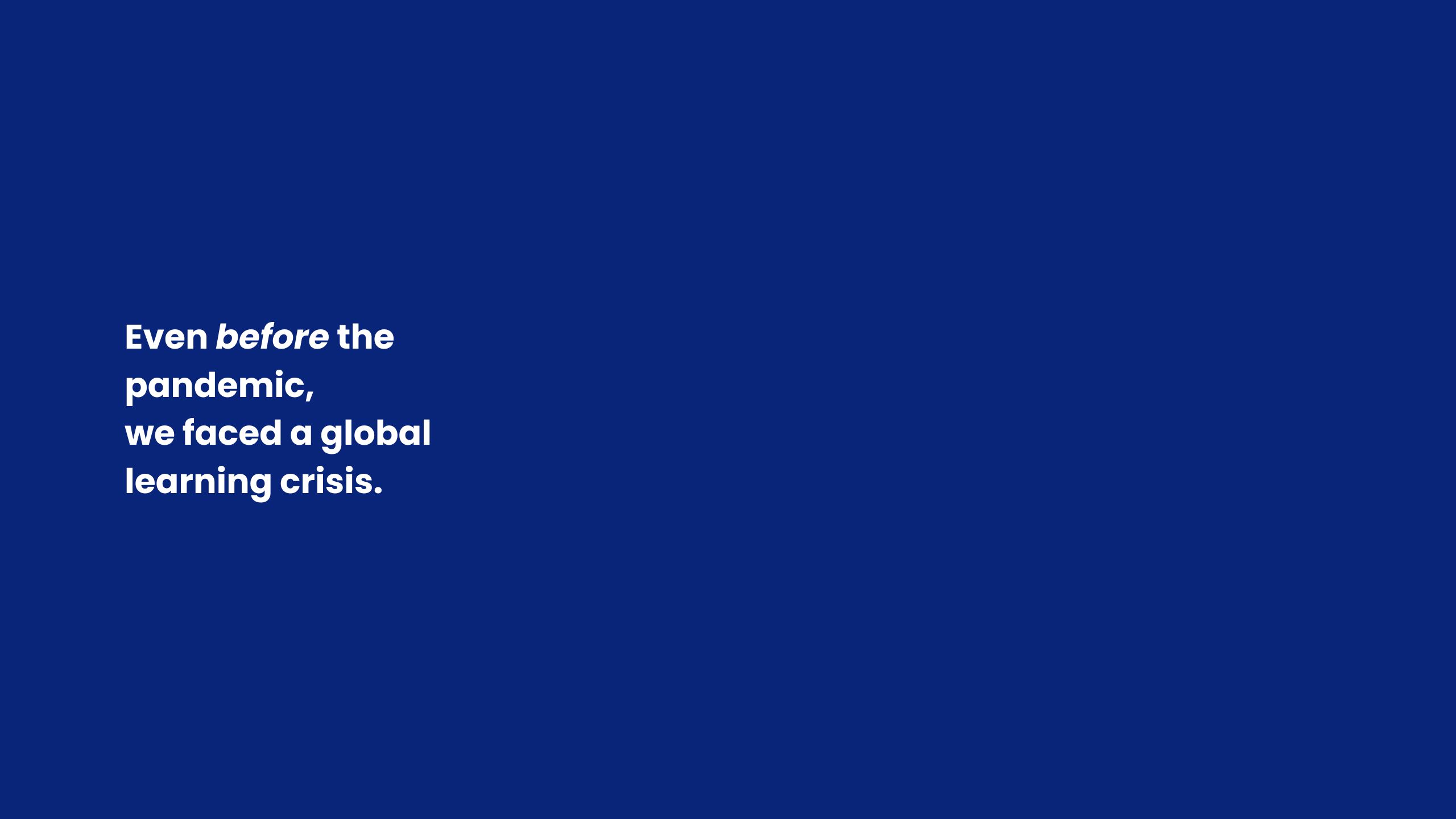
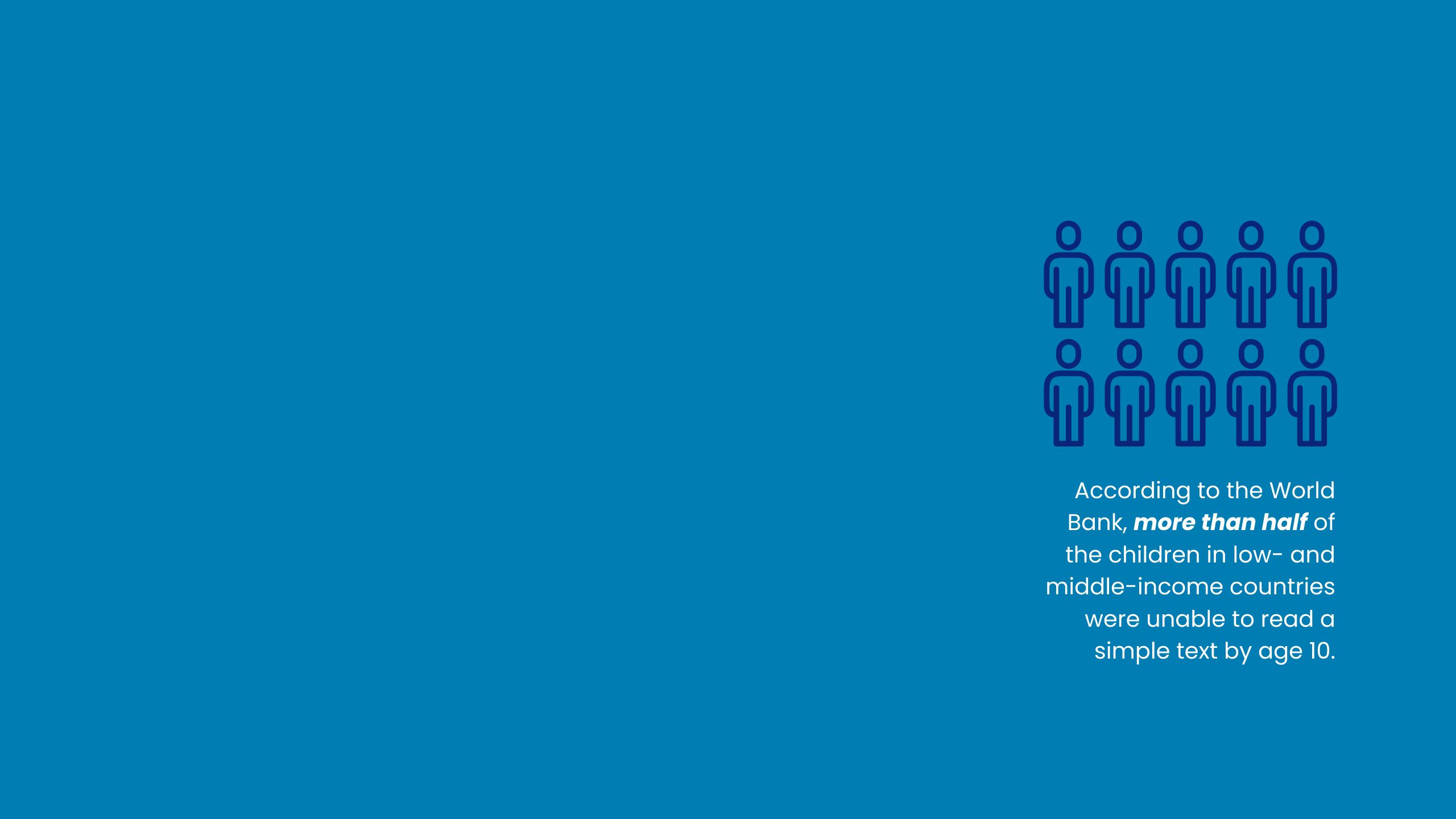
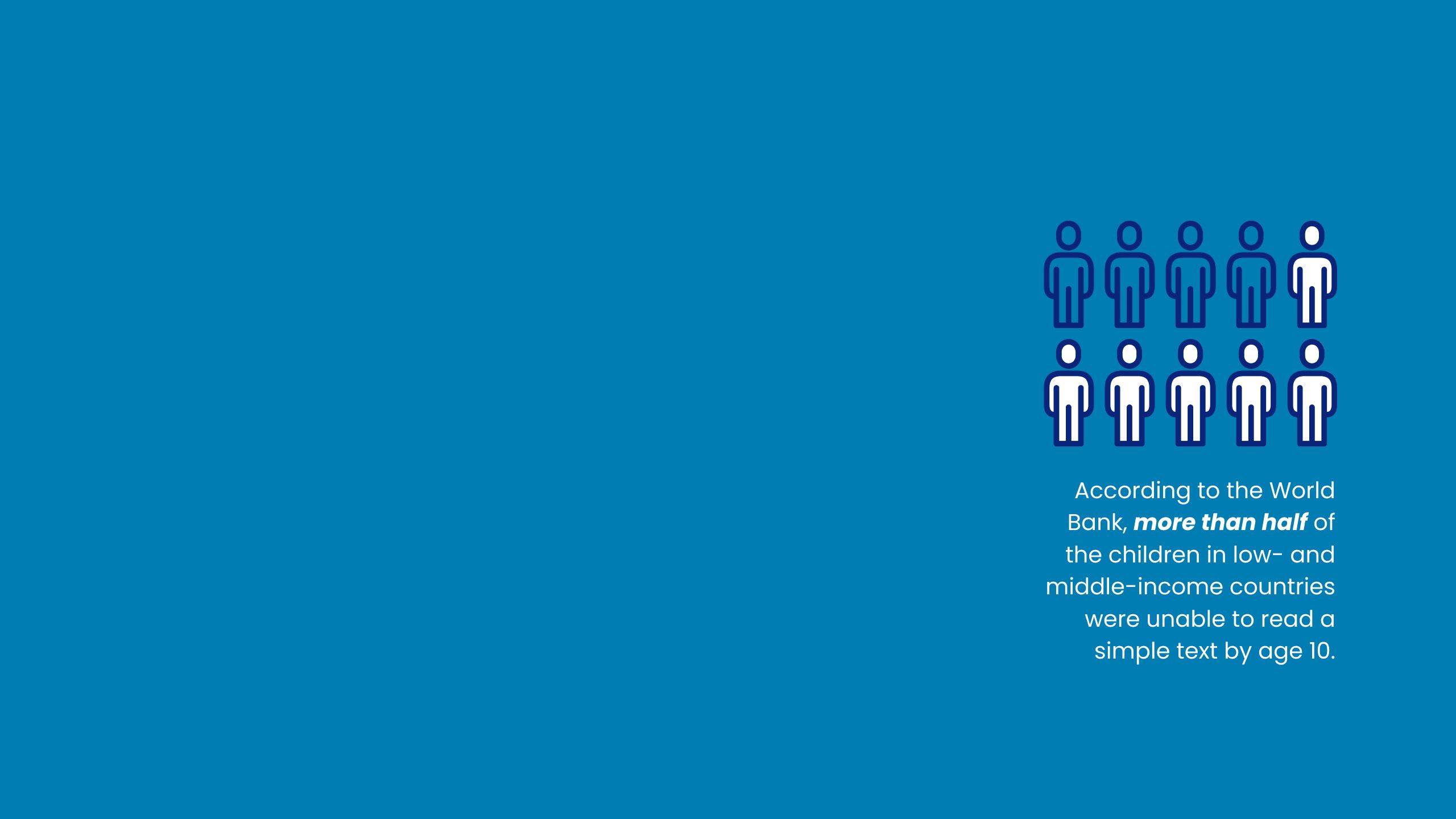
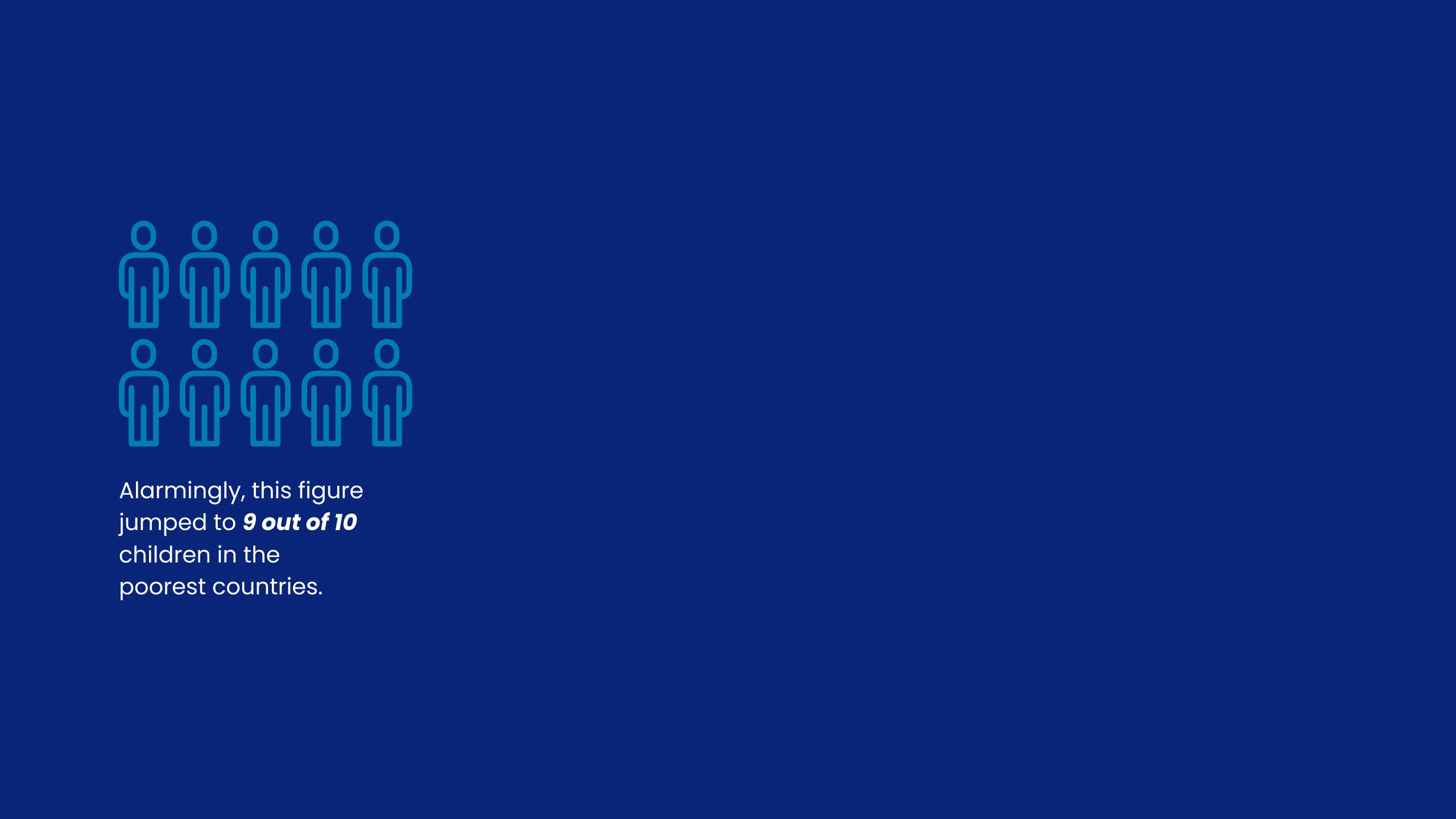
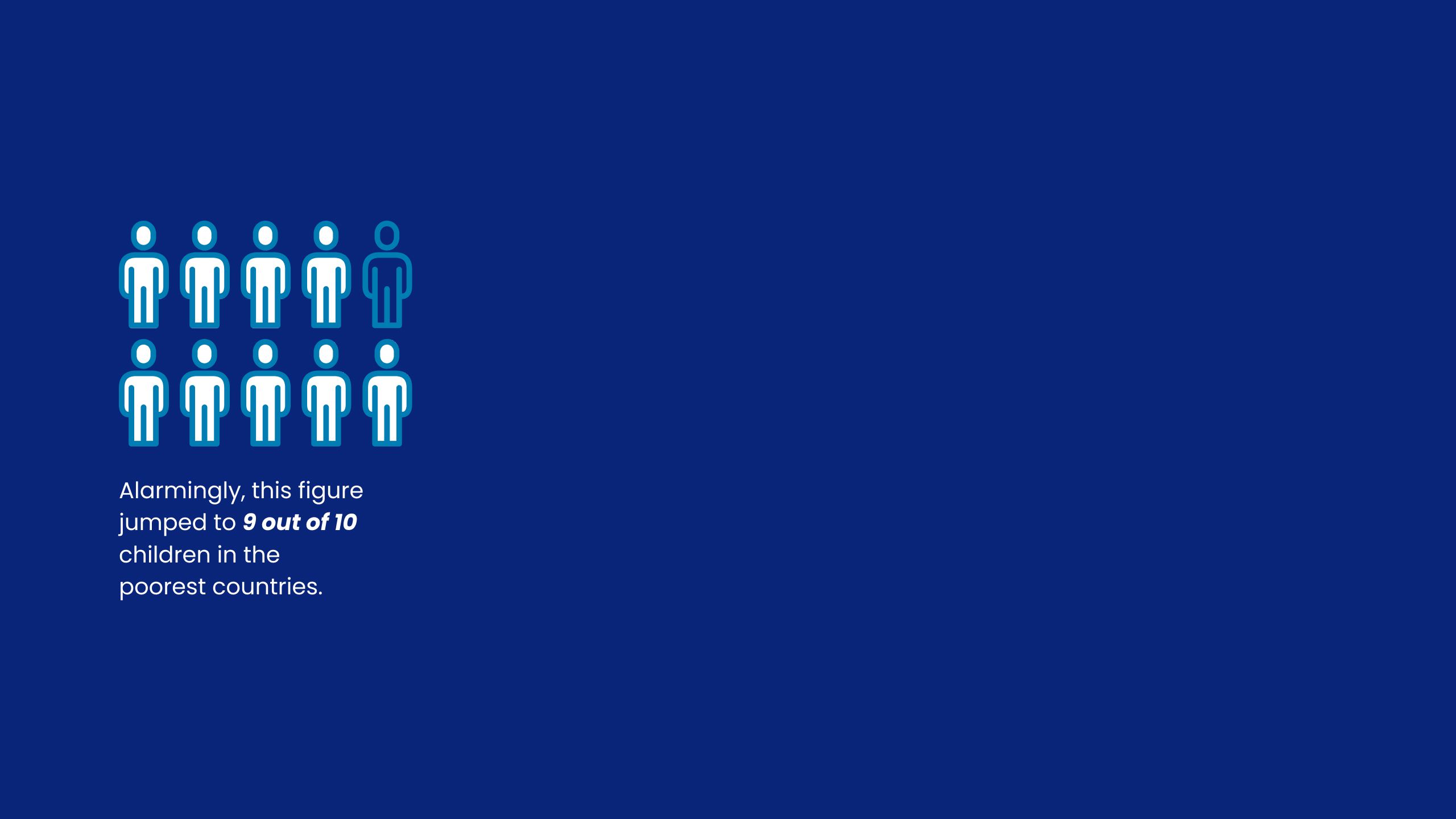
Our research
Throughout the pandemic, a team of more than 80 ACER researchers has worked closely with 68 education partners to strengthen education systems and improve learning outcomes for children in 46 low- and middle-income countries. And, we’ve gathered evidence from 44 research projects on what is needed to build resilient education systems.
We’ve sought to understand the effects of the pandemic on student learning and what it will take to recover and rebuild. The participation of more than 122,000 students and 50,000 teachers in our research and assessment programs over the last 2 years has provided invaluable insights into the impact of COVID-19 on learning across the globe.
‘We now have a deeper understanding of what is needed to support children’s learning and to ensure it is more equitable, inclusive and resilient to future crises.’
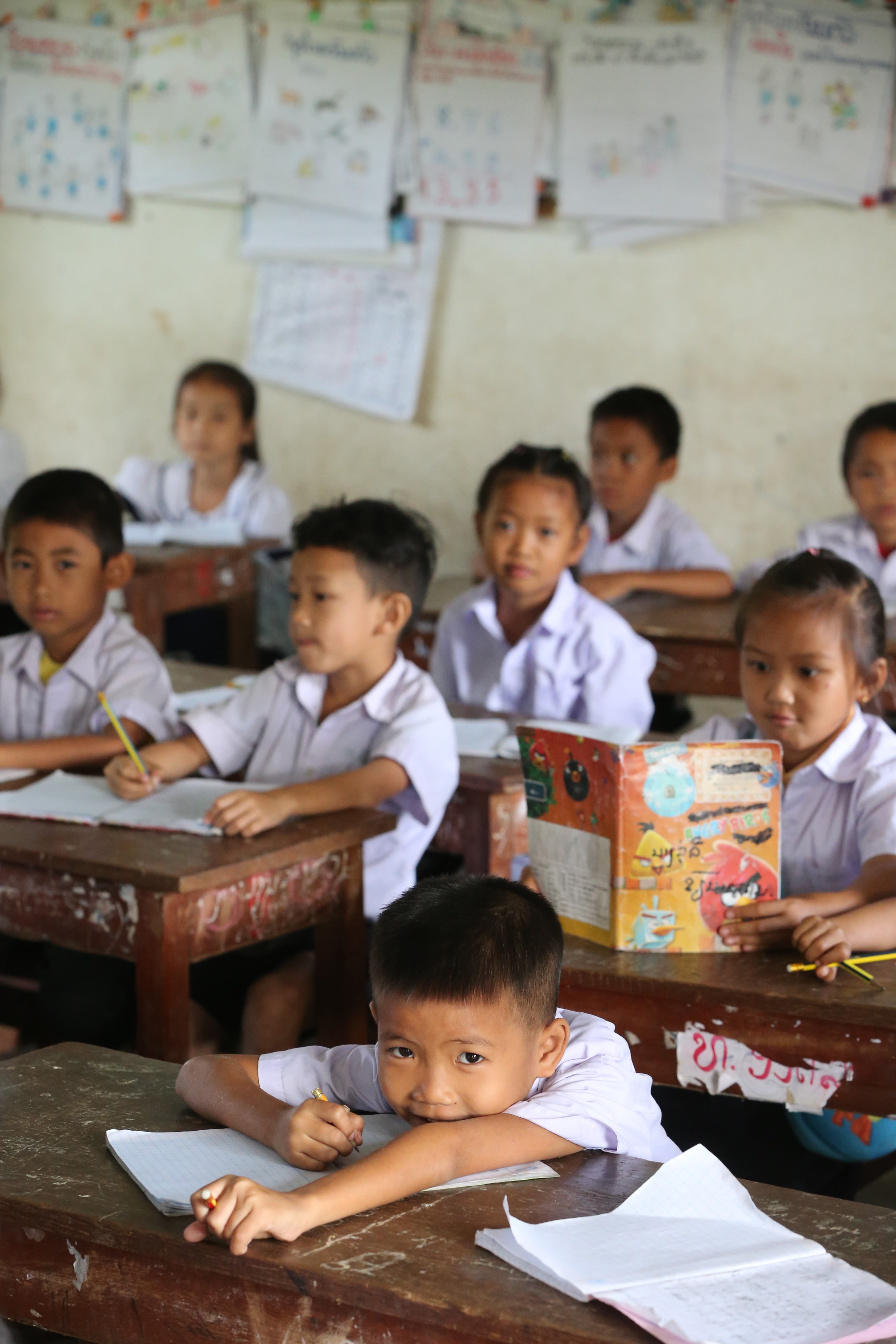
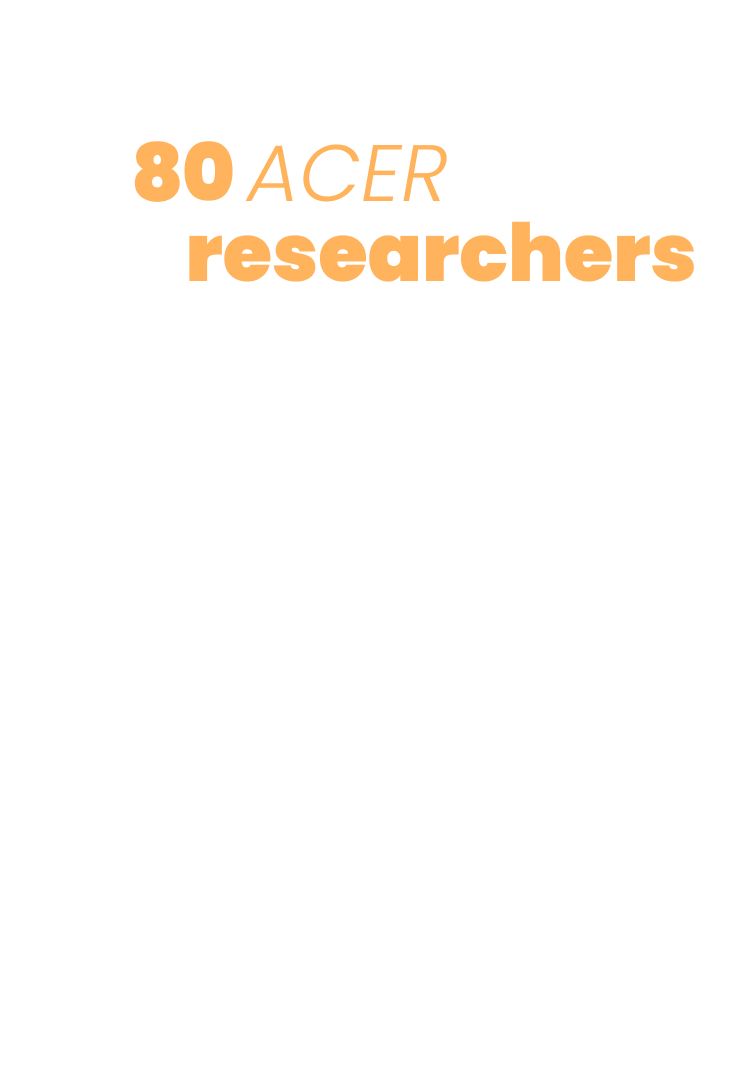
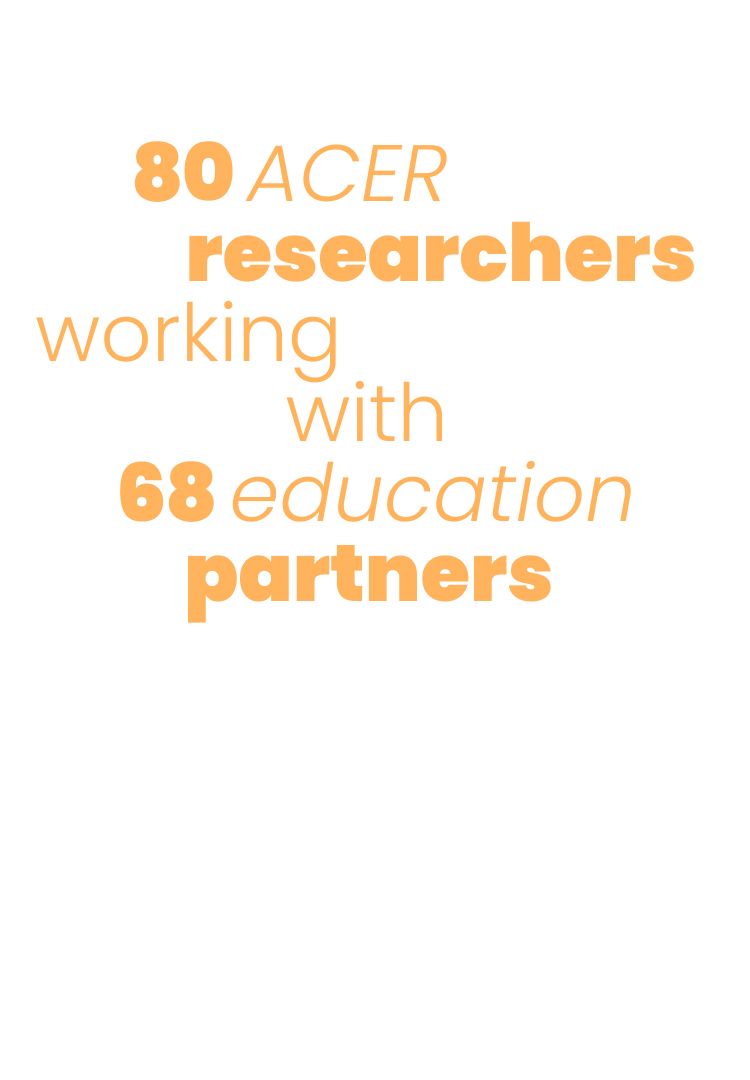
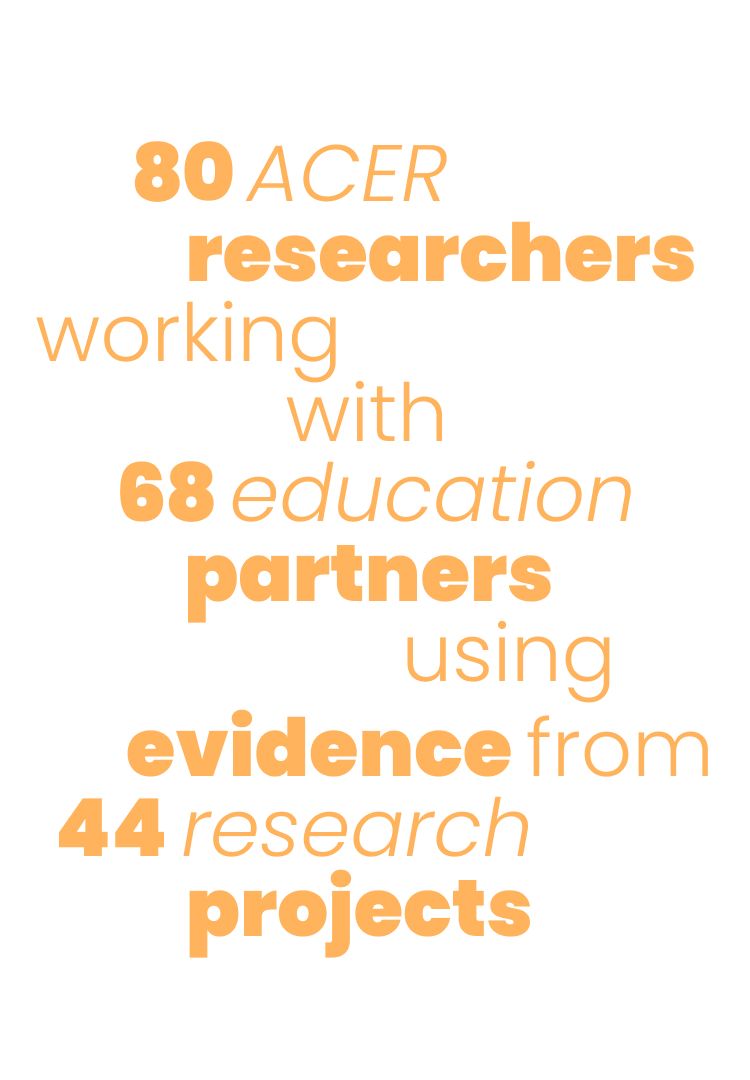
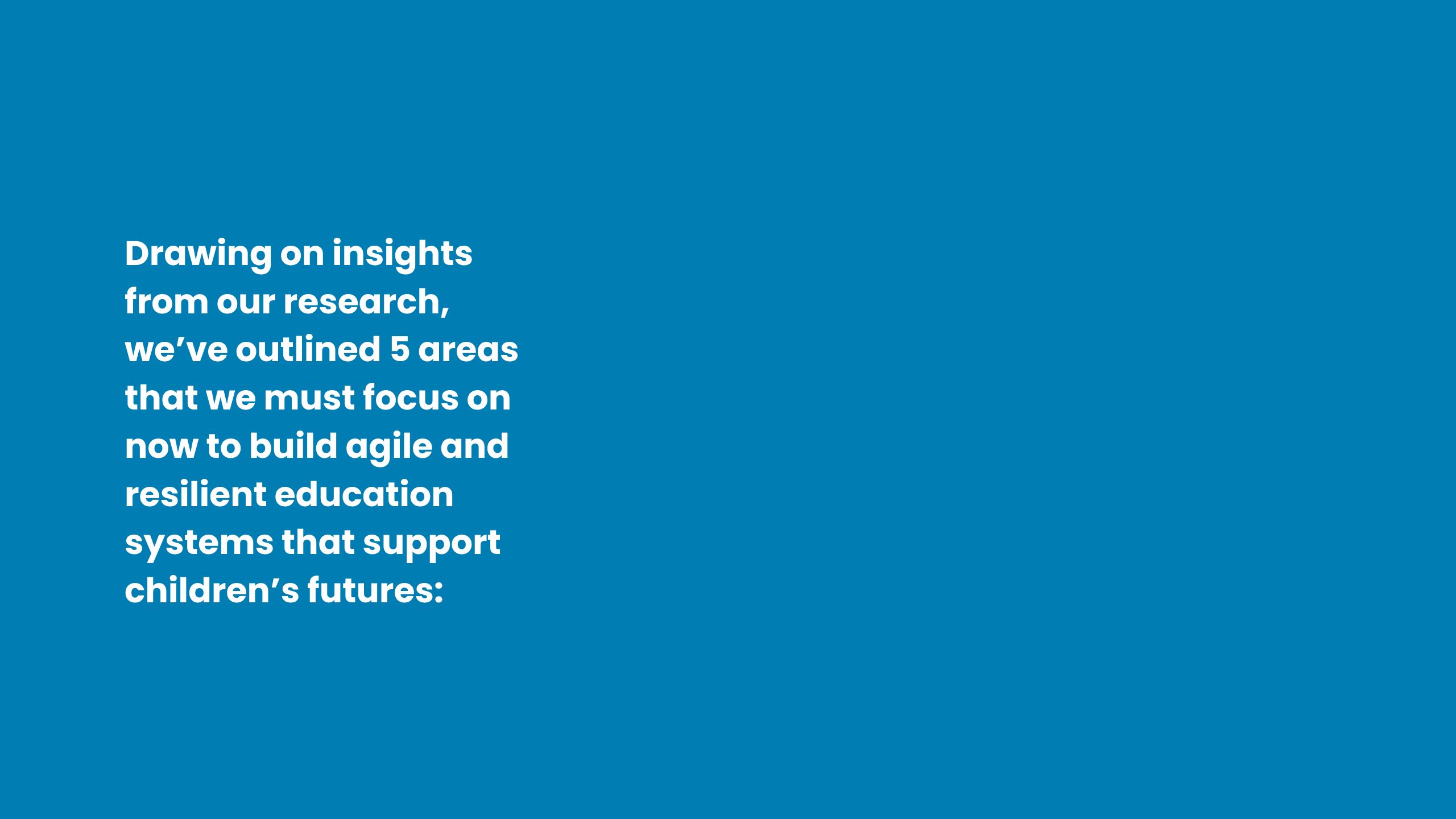
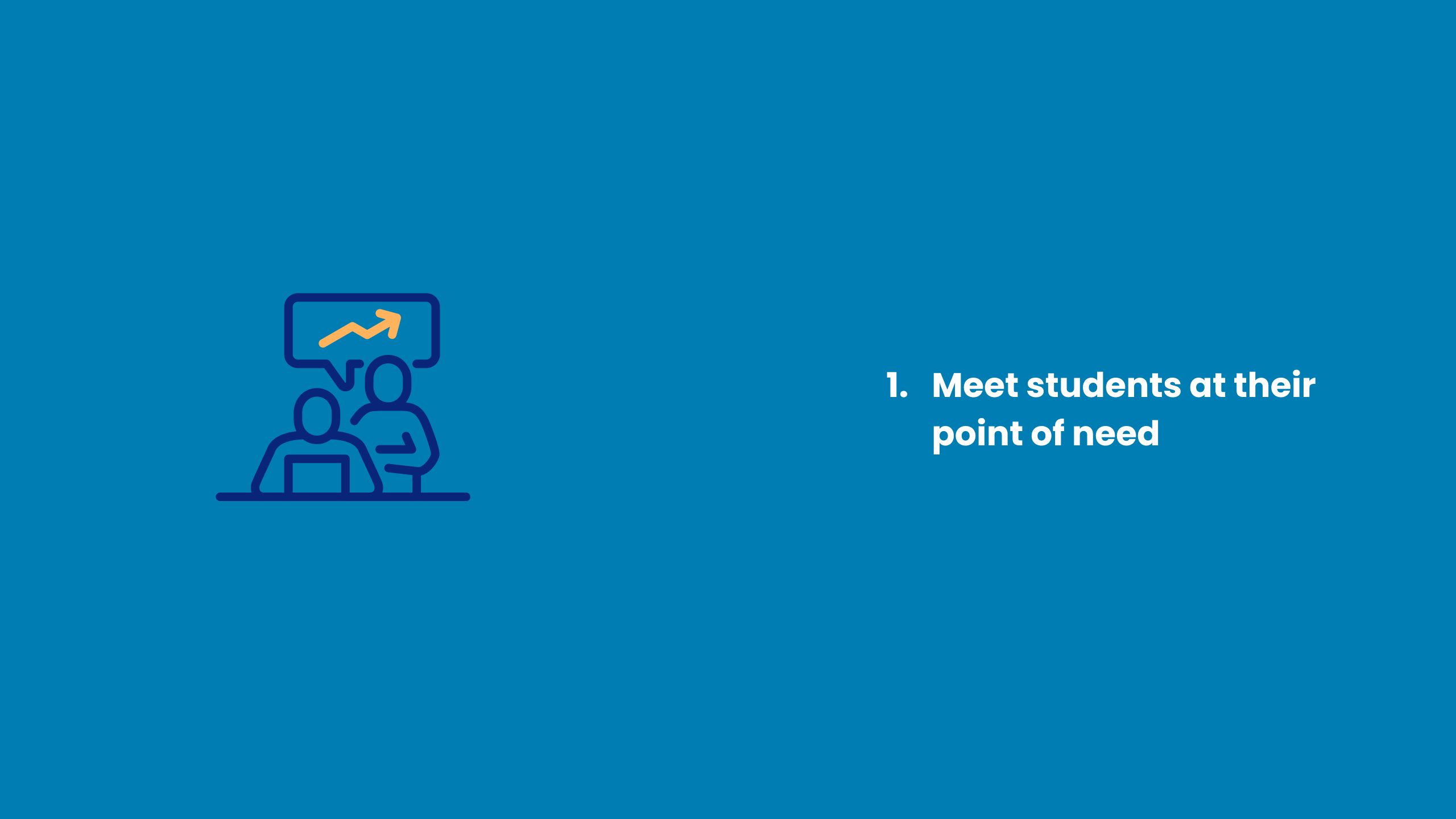
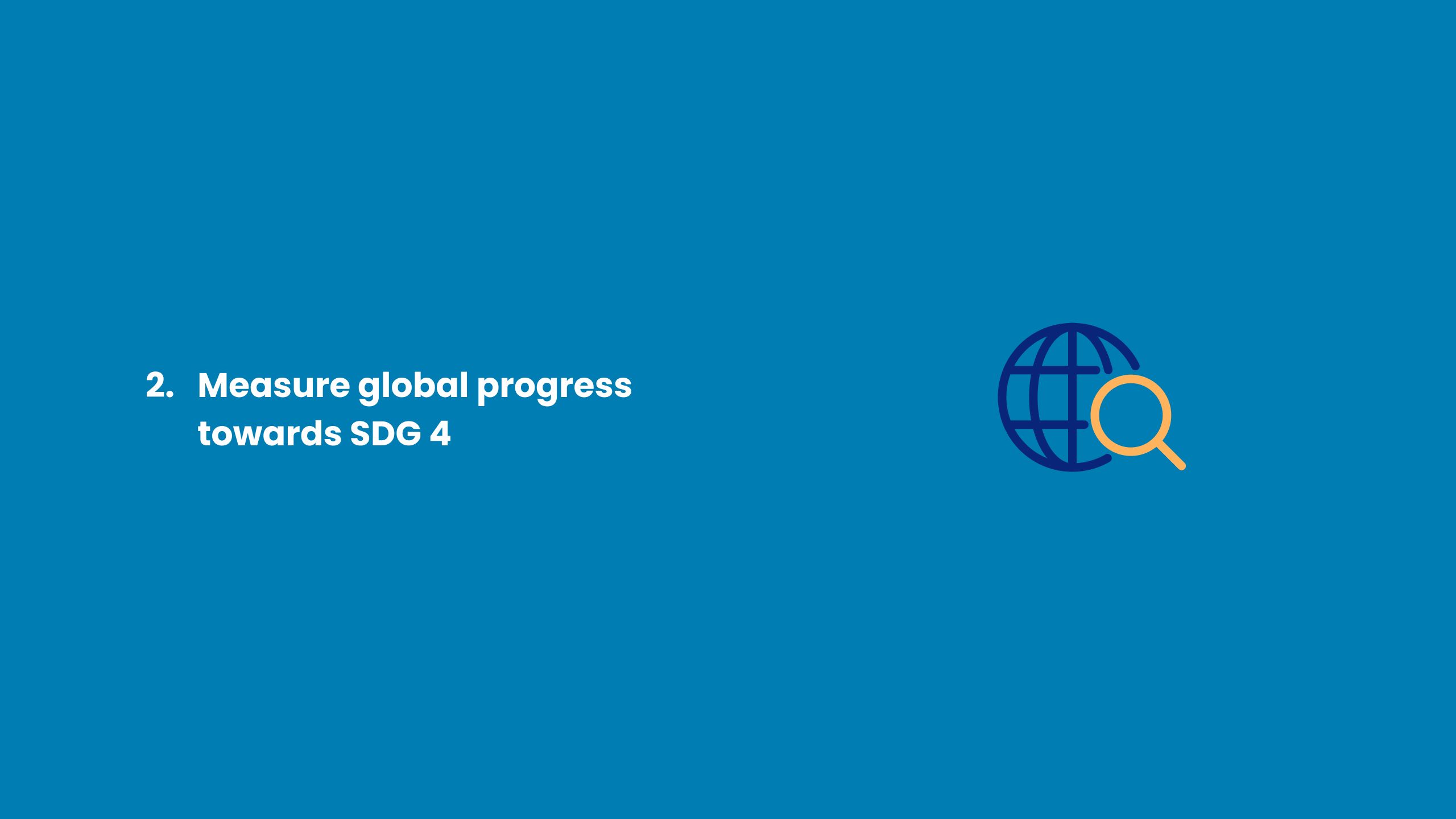
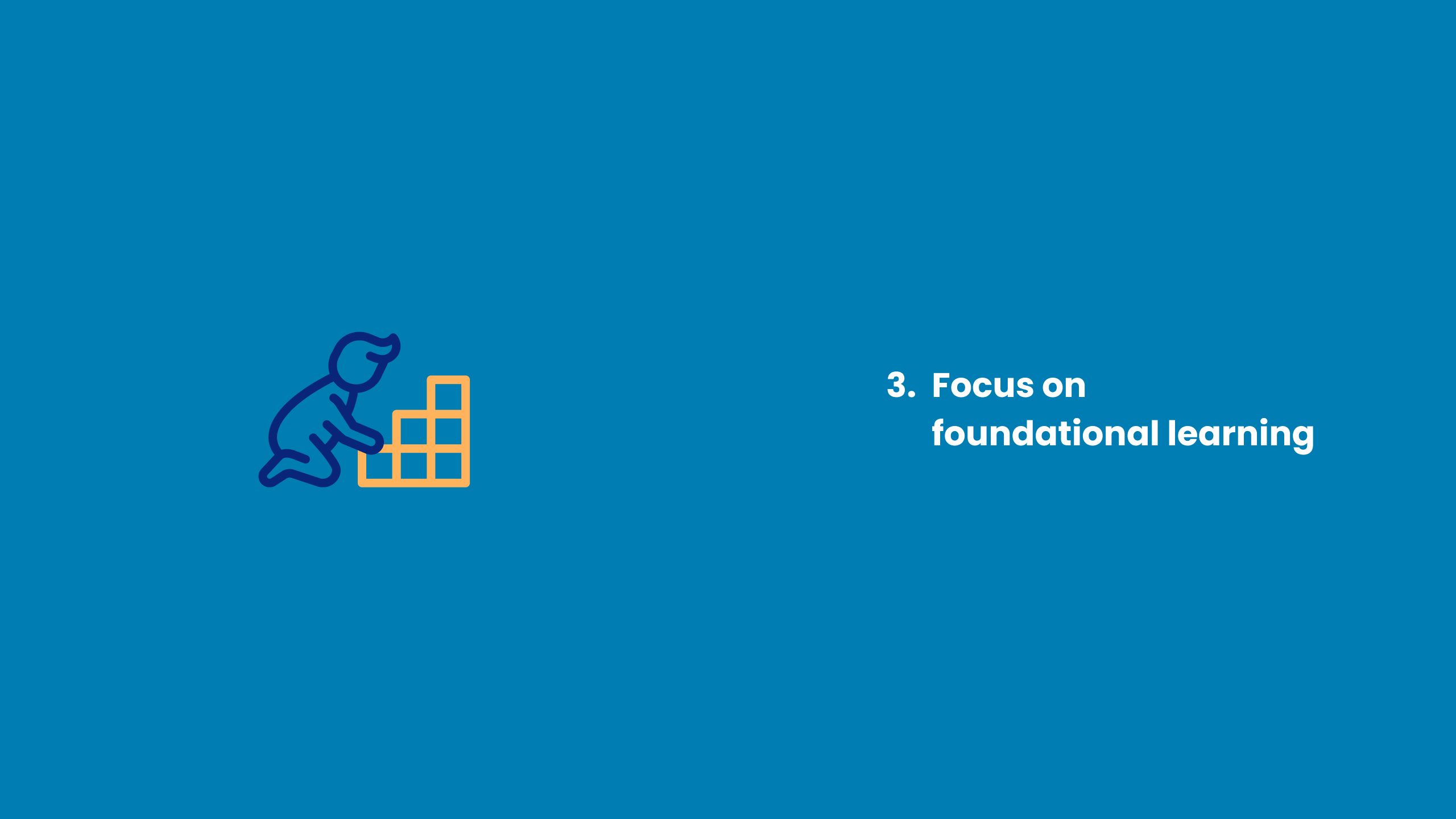
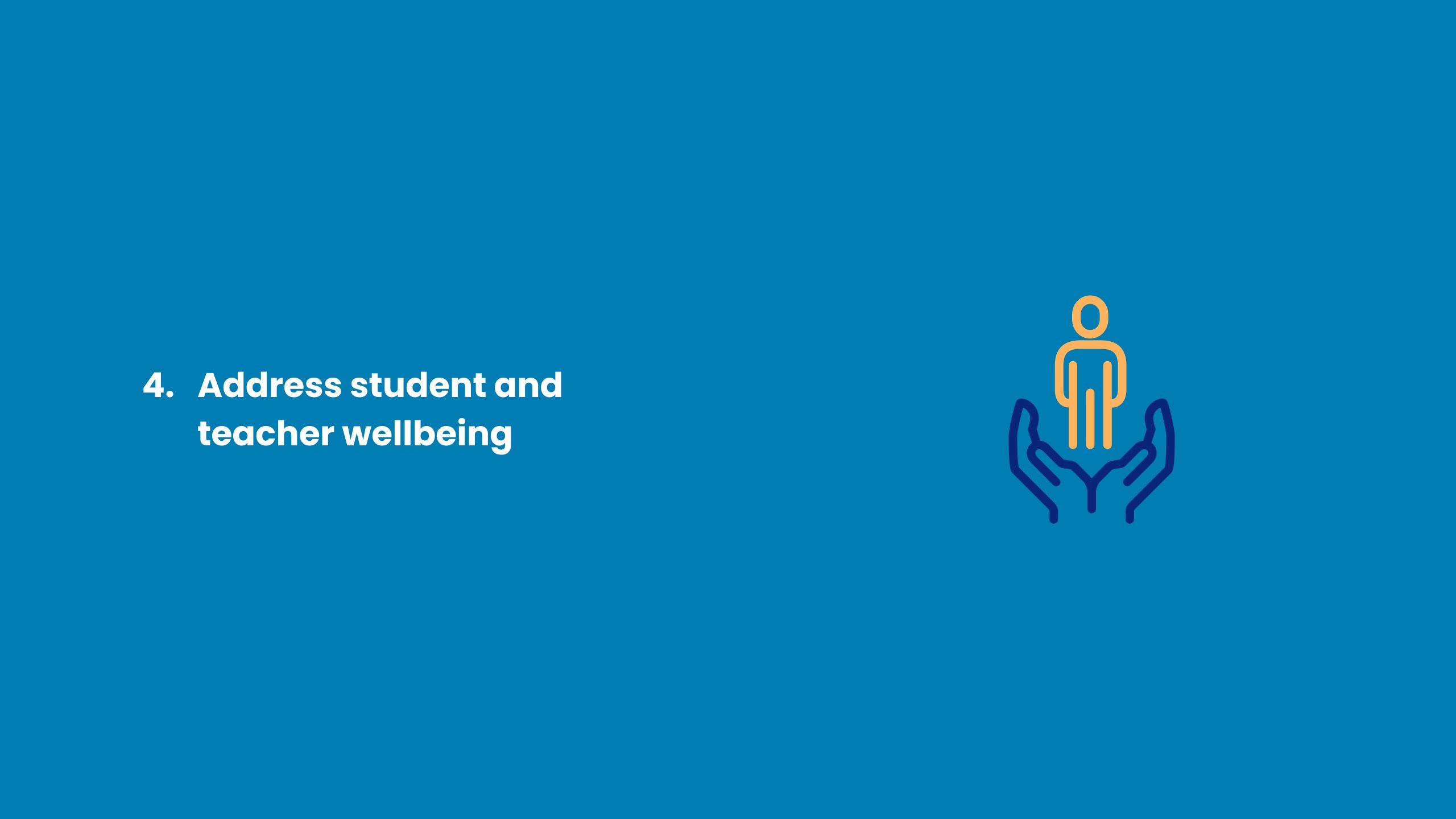
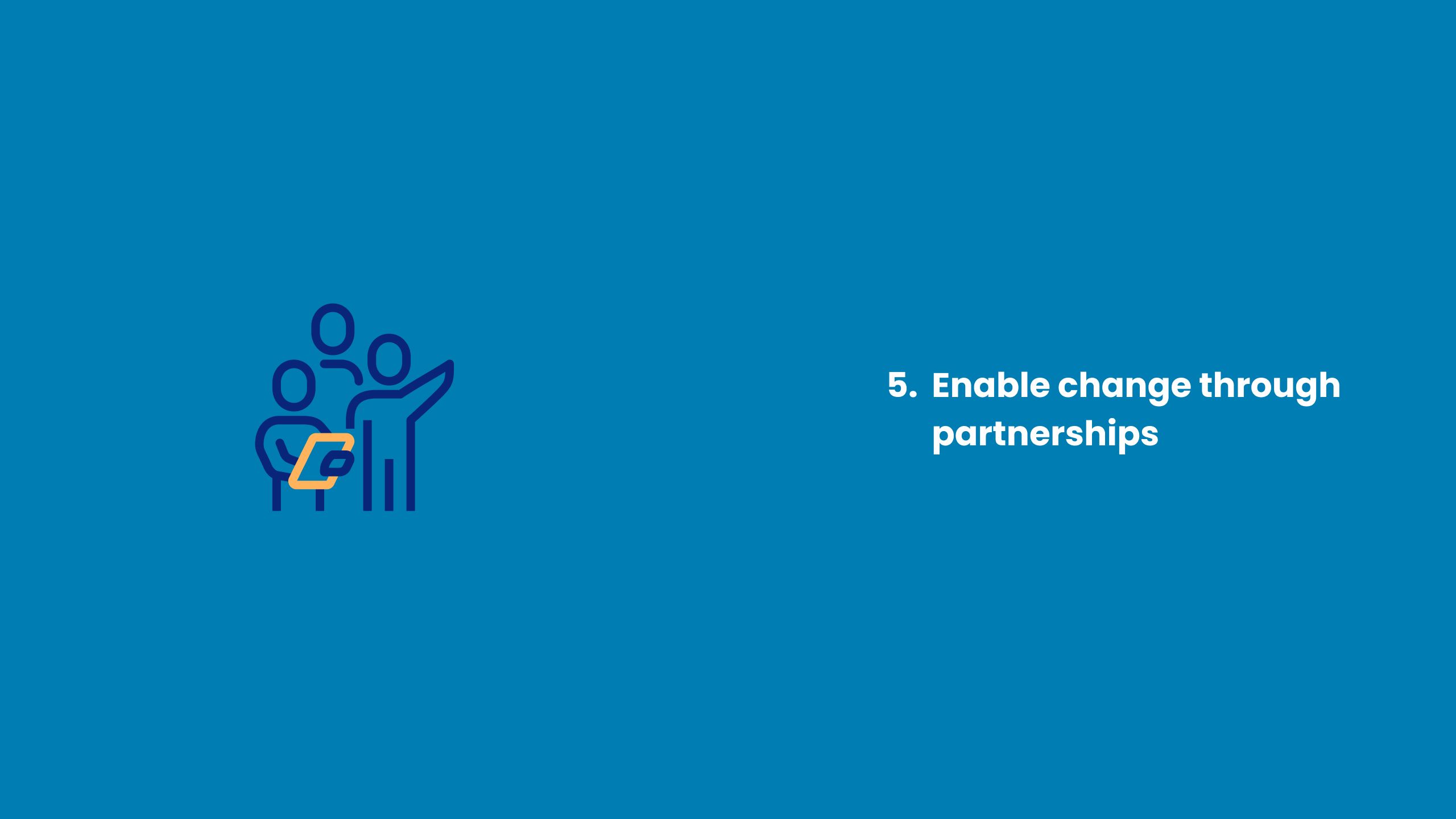
ACER’s research has shown that even before the pandemic children’s learning in the Asia-Pacific region was not up to standard. Only 50 per cent of children in 2 of the 6 countries included in the Southeast Asia Primary Learning Metrics (SEA-PLM) 2019 study met grade level expectations at the end of primary school for reading. In one of these countries, this fell to only 2 per cent. The Pacific Island Literacy and Numeracy Assessment (PILNA) 2021, found that across 15 countries, 1 in 2 children were not performing at expected levels for reading, and 1 in 3 for mathematics.
‘With learning in crisis before the pandemic, supporting children as schools reopen lies at the centre of national education recovery plans.’
Any effort to accelerate learning recovery, must first focus on identifying the learning needs of students and targeting teaching at their point of need. This is a complex process and requires a systematic approach that identifies where student learning is now, defines where it is going and creates a pathway forward.
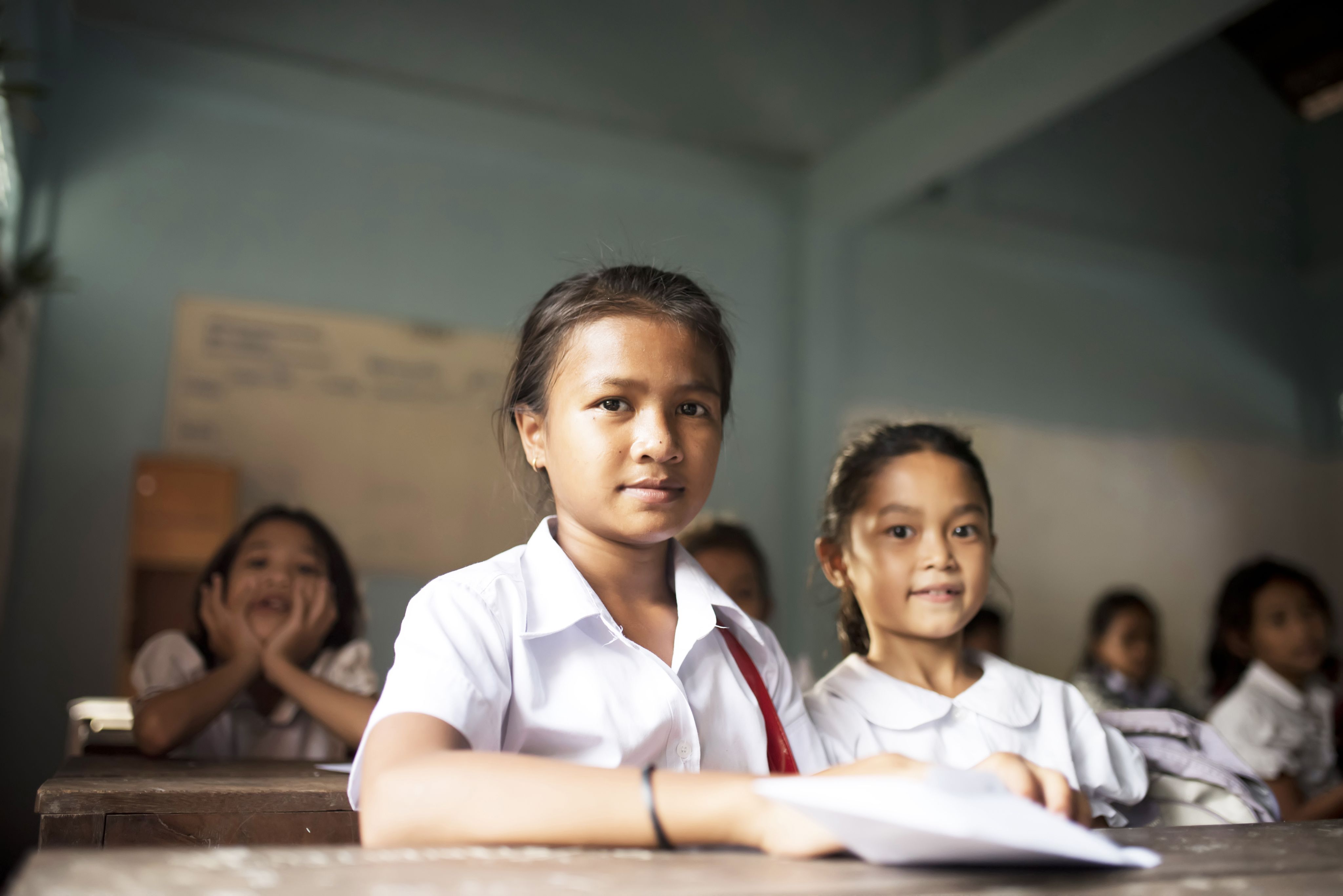
In the conflict-affected Bangsamoro Autonomous Region in Muslim Mindanao (BARMM) in the Philippines, children are returning to school after more than 2 years of closures. Before the pandemic, many of these children were already 2-3 years behind other disadvantaged children who participated in the Philippines Early Childhood Care and Development Longitudinal Study. As schools in the BARMM begin to reopen and with children already so far behind curriculum expectations, the first step in the learning recovery pathway is to understand what children can do and start teaching them from that point.
Within any group of students, individuals will be at a range of developmental levels. To make it possible for each student to progress, it is critical to understand the pathway for learning and identify where individuals are along that pathway.
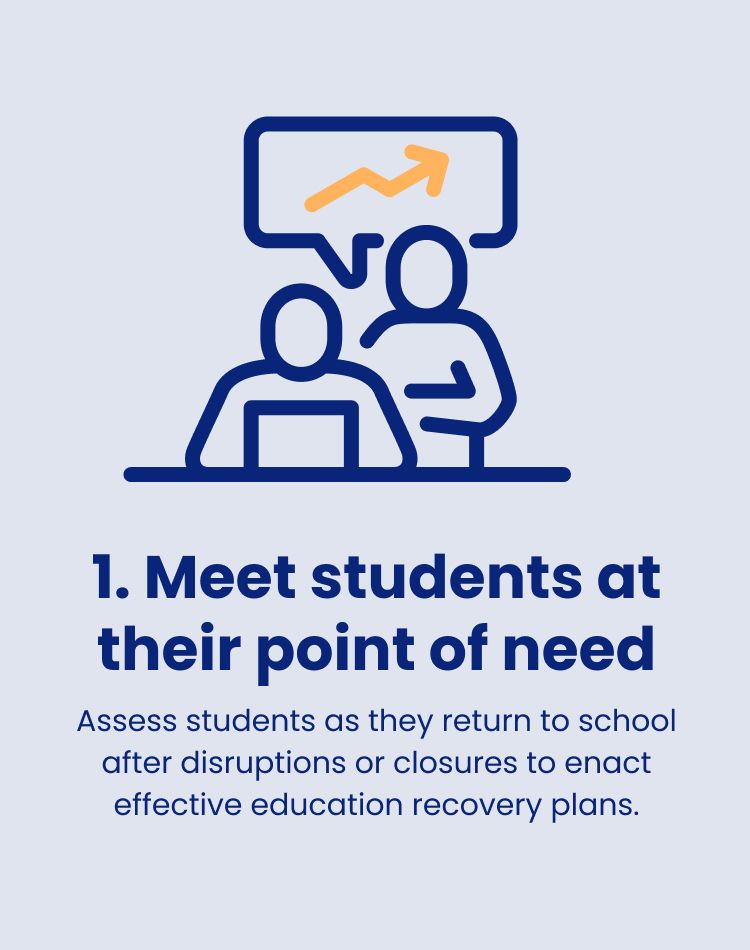
Teachers Become Learning Detectives
As students return to classrooms, teachers need to be better supported to develop skills in gathering and interpreting evidence of student learning, and using it to make decisions about the next steps for teaching and learning.
ACER supported the Department of Education in the Philippines to develop a program to build teacher skills to identify what a learner understands and can do, and what they do not understand yet and cannot do yet. Measuring learning is critical to helping teachers target their teaching and supporting remedial action for students.
Read the Online Training on Formative Assessment for Early Language, Literacy, and Numeracy in the Philippines report
The impacts of the COVID-19 pandemic on student learning will not be fully understood for many years. The World Bank estimates that up to 70 per cent of children have experienced learning poverty because of the pandemic, threatening to reverse the gains made towards the SDGs by decades.
‘It is critical that countries understand where gaps in learning exist now, and how and where to target recovery programs.’
It is also imperative that countries monitor the progress of their recovery strategies over time against international benchmarks agreed under SDG 4. A global framework of learning is needed to understand gaps, target strategies and monitor progress.
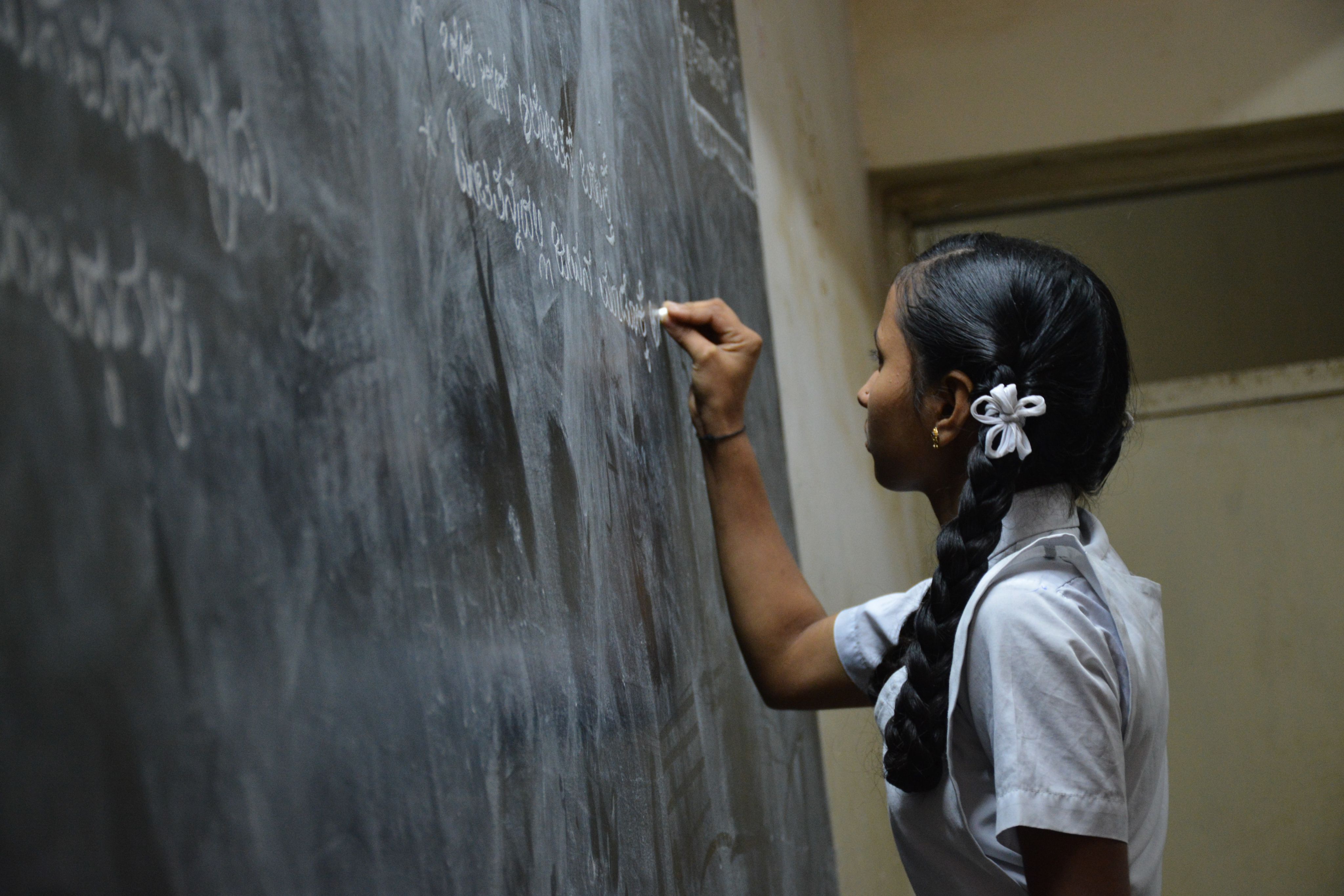
As a member of the UNESCO-led Global Alliance to Monitor Learning (GAML), the Global Education Monitoring (GEM) Centre has played a significant role in the development of a set of common global definitions of learning levels that allow countries to measure their progress towards SDG 4.1.1. The GEM Centre is a long-term partnership between ACER and the Australian Government’s Department of Foreign Affairs and Trade (DFAT).
Marking a new stage of global education monitoring, ACER has developed a set of learning progressions – also known as descriptions – for reading and mathematics that underpin the 3 proficiency points described in the SDGs: (a) in grades 2/3; (b) at the end of primary; and (c) at the end of lower secondary. These learning progressions provide a way for countries to align their own national or regional learning frameworks with global definitions of learning performance to report student progress against the SDGs.
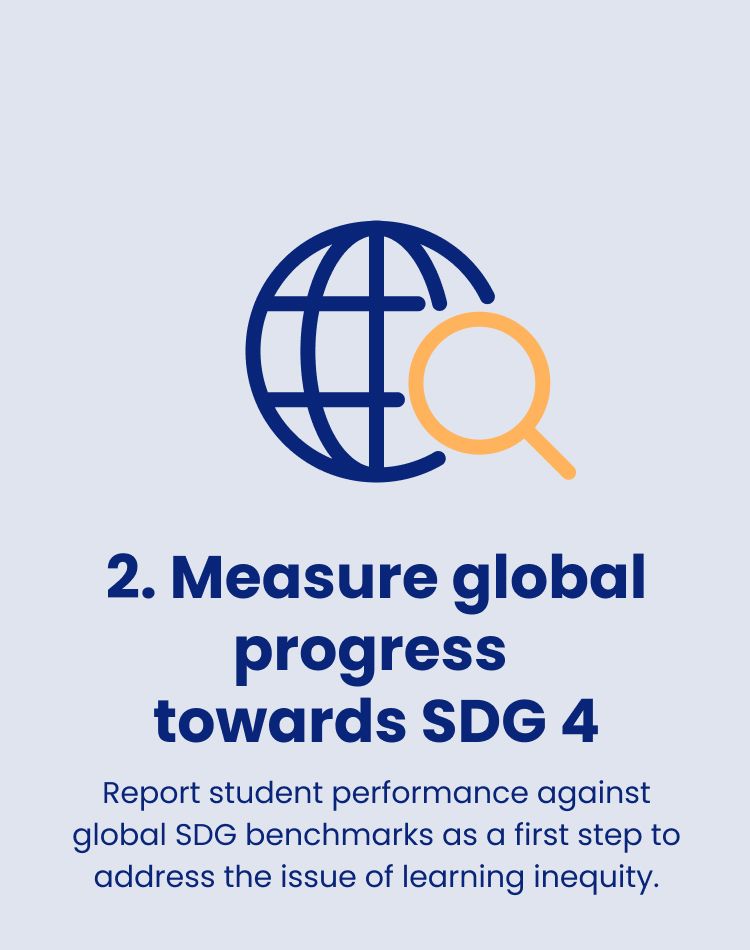
Understanding learning gaps
Developing a common set of learning descriptions linked to the SDGs can help identify issues of learning inequity and understand the impacts of COVID-19. ACER, with the Australian Government-funded INOVASI program and the Indonesian Ministry of Education Culture, Research and Technology, mapped the performance of Grade 1-3 students in 19 districts in Indonesia against national and international benchmarks.
Using data collected following 12 months of school closures, the study showed that a significant proportion of these students are below expected international learning levels and that learning gaps were most acute in poorer households. By assessing learning gaps and benchmarking these against international standards, the study also revealed that national curriculum standards are set well above those of international standards, despite the recorded levels of learning. These findings were significant in the aftermath of school closures and provided clear directions for system level learning recovery strategies.
Addressing the issue of learning inequity will only be possible if there is a fundamental shift in focus to the early years. The situation has been exacerbated by the pandemic with many school-aged children missing the critical first years due to prolonged school closures.
‘A key challenge in education recovery strategies is that children do not have sufficient foundational literacy and numeracy skills to start school. And, when children get to school, there is often no common framework to support their early stages of learning.’
In 2021, the DFAT-funded Multi-Year Teacher Evaluation Studies revealed that more than 60 per cent of teachers in Lao PDR reported Grade 1 students not being ready to start school, and who required intensive basic Lao language instruction and improved cognitive abilities (such as short-term memory and executive function) in order to succeed in the classroom. These challenges are magnified in disadvantaged sub-populations, where poverty, conflict and ethnicity create multiple barriers to school readiness. For example, in multilingual contexts such as Vanuatu, a high proportion of students do not meet the expected learning outcomes in English and French literacy. In the conflict-affected regions of the Southern Philippines, ACER found that more than half of the Grade 1-3 students cannot understand a simple story.
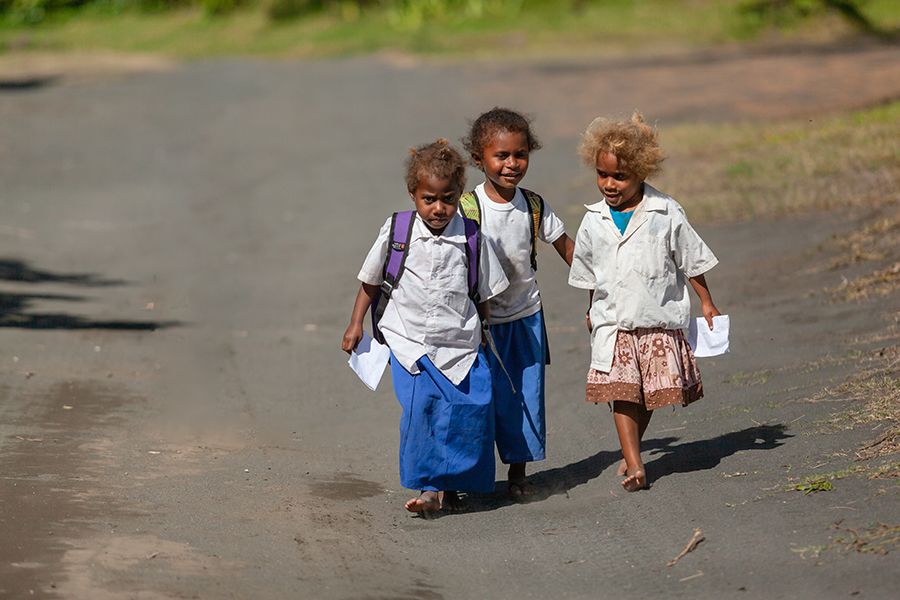
A curriculum that allows learners to progress at their own pace, and teachers who are equipped with the necessary skills, knowledge and autonomy needed to tailor their teaching to individual needs, is central.
Children are given insufficient time in their first years of school to build essential early literacy and numeracy skills. ACER’s research in Indonesia revealed an important disconnect between foundational level curriculum descriptions, teacher capacity and assessment standards . This finding is not uncommon across the countries that ACER works, which demonstrates why we are losing children at the first hurdle.
‘Taking a systems-based approach underpinned by a common framework of learning is key if we are to address the gaps in early learning.’
Implementing a new teaching technique, curriculum framework or assessment platform cannot, on its own, address the problem. Instead, these interventions must be interlinked and systemically connected through a common set of progressions, in other words, a common framework of learning.
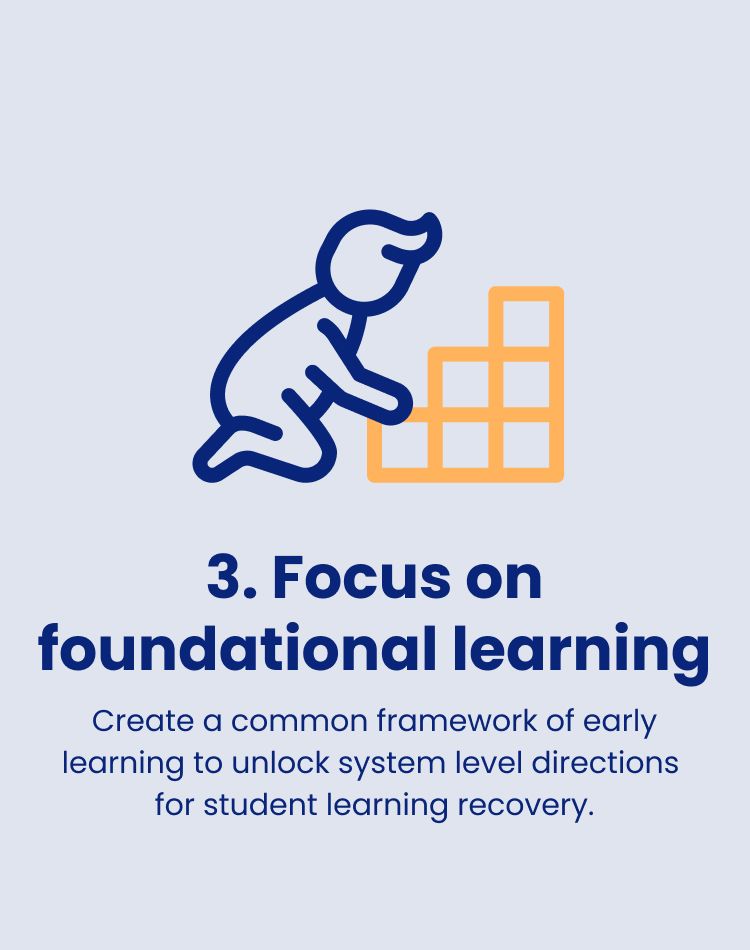
Learning through play at school
Building children’s foundational skills is intertwined with how they engage with their learning. It’s not just about what we teach, but also how we teach that makes a difference.
Play is critical to how children develop as it helps to foster a breadth of skills including creative, cognitive, physical, social and emotional skills. ‘Learning through play’ involves play –children’s interactions with people, objects or representations – as the context for learning. It also helps in language development and self-regulation.
ACER’s research into ‘learning through play’ at school with the LEGO Foundation demonstrates that when young children are engaged through structured playful activities, they learn more, enjoy school more and are less likely to drop out.
Read more about Learning Through Play at School.
The impact of the pandemic is not just on learning, but also on the wellbeing of children and their teachers. It has highlighted the important connection between home, student and teacher.
‘To build resilient education systems, we must recognise the long-term impact that lockdowns have had on the well-being of teachers, students and their families.’
In an extensive examination of the effect of remote learning on children, ACER found that mental health conditions increased across all age groups due to the pandemic and that mental health issues were most acute amongst children in low-income contexts. Disconnected from school and their external support system, fewer children are seeking help, which puts them at greater risk of harm.
The COVID-19 pandemic has also exacerbated the stress felt by teachers. As countries continue to navigate a return to school, recognising and supporting teacher well-being is a key priority. ACER’s research shows that the mental health of teachers has been significantly impacted due to an increase in workloads, and the requirement to negotiate continuity of learning in challenging circumstances. The most recent data collected as part of PILNA 2021 showed that the impact on teacher and school leader wellbeing was concerning, with 80 per cent of those surveyed reporting that they were stressed by their job.
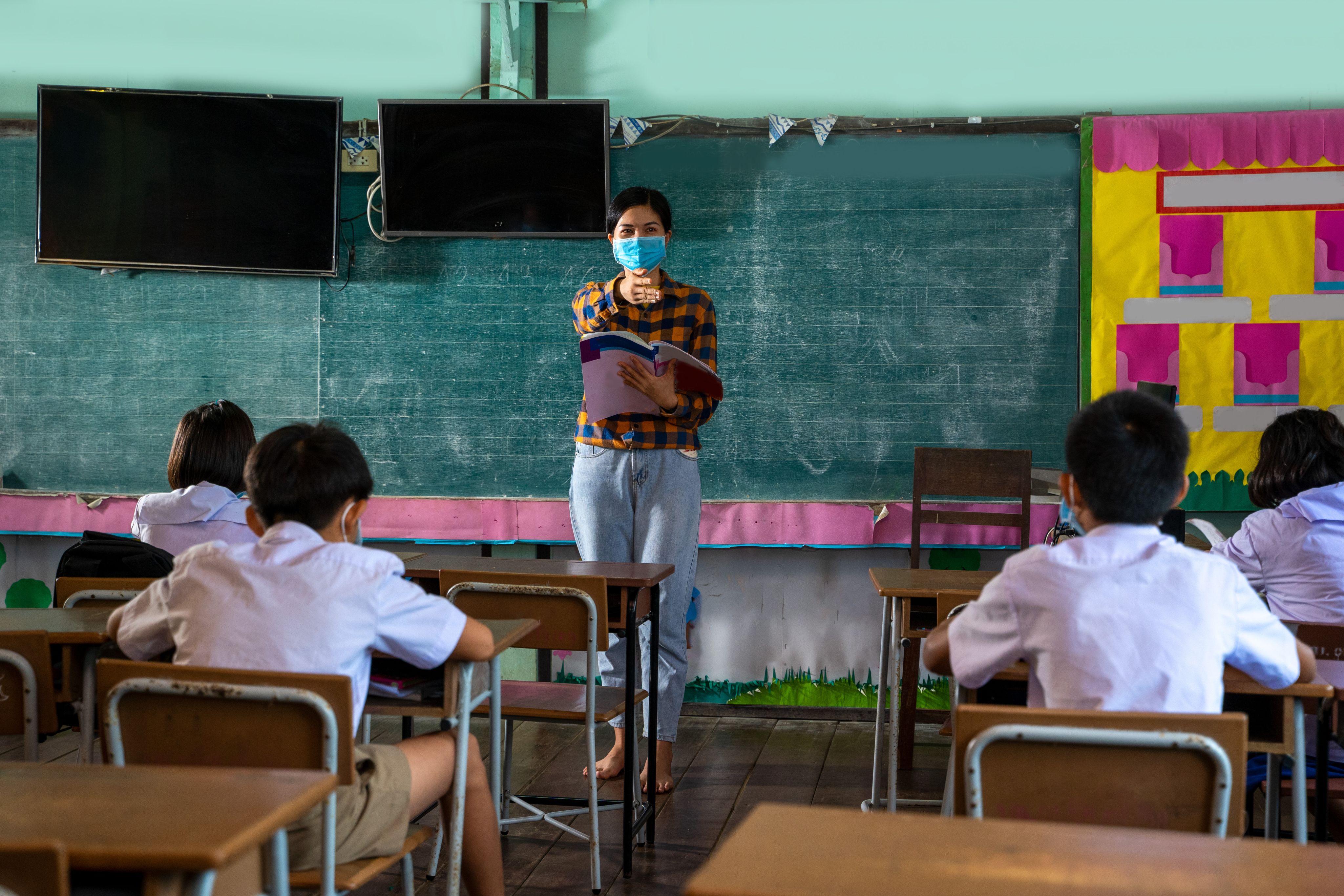
The pandemic provides an opportunity for an education systemwide reset, particularly reflecting on the challenges that face students who are most at risk. The pandemic has increased awareness of mental health amongst children and adults alike. That is why mental health and wellbeing were on the agenda at the UN Transforming Education Summit. Led by UNICEF, UNESCO, WHO and key government partners, ACER’s research was highlighted as part of a global call for urgent action to ensure that every child enjoys the right to education in a learning environment that promotes and protects their mental health and well-being.
Our research illustrates that children who are well supported and feel safe at school achieve better learning results and that the well-being of students and teachers is central to building resilient education systems.
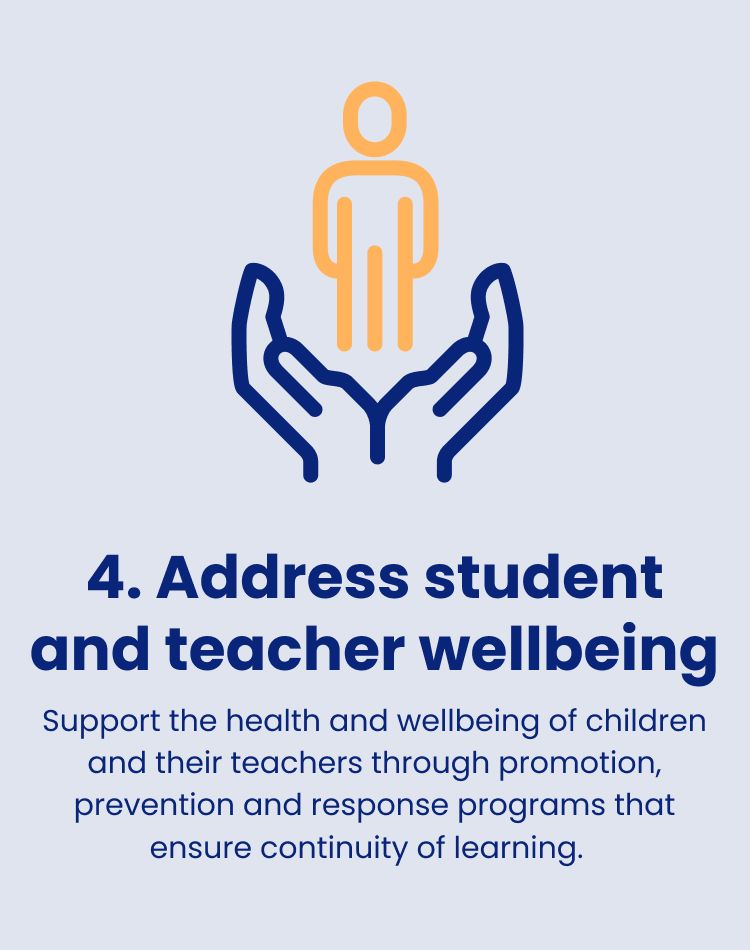
Effective remote modalities to support mental health and wellbeing
Educational settings play a critical and protective role in children’s mental health and psychosocial development. There are strong links between student mental health and wellbeing and learning achievement.
While the pandemic has exacerbated mental health conditions across all age groups, it has also created an opportunity to develop new and innovative ways to support the mental health of learners through remote modalities during school closures. In response to the gap in research on mental health interventions in low, middle-income and emergency contexts, ACER conducted a global review of promising programs in mental health and psychosocial support for UNICEF.
The review found many benefits to the use of remote mental health interventions to support students, parents and teachers, during and after the pandemic. However, this should be considered together with challenges, such as equitable access to digital technology, digital fatigue and online child safety. The most effective remote learning programs are those that support the different mental health and wellbeing needs of students, teachers and parents, provide a safe and positive environment, facilitate high-quality relationships and engagement with the community, and offer relevant activities that are inclusive of all learners.
A return to school following the pandemic cannot be a return to business as usual. The emphasis must be on how we can build back better, together. This is not an easy task. It will only be possible by crossing political, technical, social and programmatic divides to establish a unified approach to building education systems that meet the needs of all students.
The pandemic has provided an unprecedented opportunity for the international community to rethink the current education delivery system and renew our commitment to achieving SDG 4. At the recent Asia-Pacific Regional Education Minister's Conference (APREMC-II), ACER participated in policy discussions to guide the development of an agreed set of priorities to address the learning crisis and build a strategy for learning recovery following the pandemic. This will require strong political commitment from governments, and ongoing financial investment from governments and donors, coupled with robust evidence on children’s learning recovery progress.
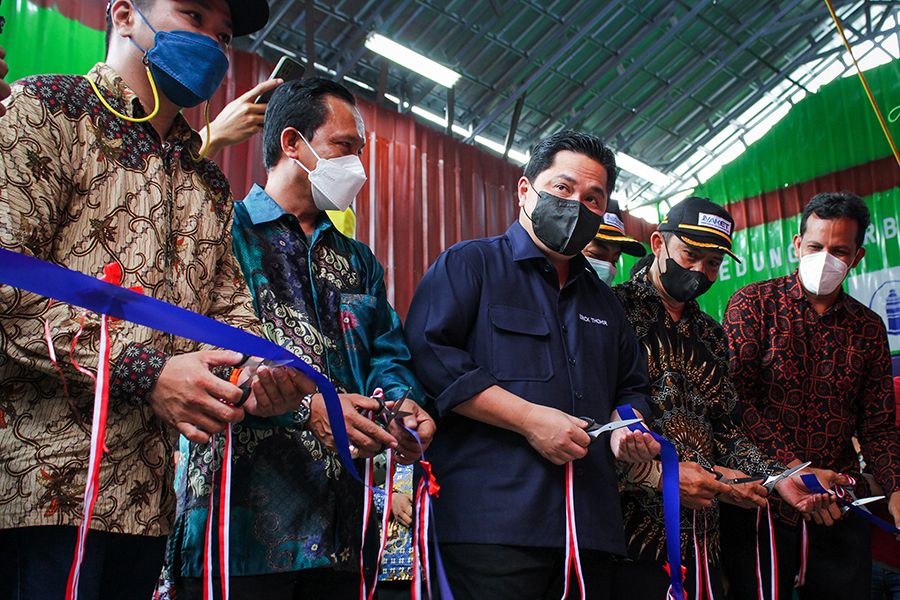
Greater political will and more spending needs to translate into better learning outcomes. ACER will draw on its extensive network of global and regional assessment partners, including UIS, the Southeast Asia Ministers of Education Organisation (SEAMEO), the Education Quality Assessment Programme of the Pacific Community (EQAP), the Network on Education Quality Monitoring in the Asia-Pacific (NEQMAP), and the People's Action for Learning (PAL) Network to build evidence necessary for driving education transformation and resilience.
‘Collaborative partnerships between parents, schools and communities are important, without which, sustained change in children’s learning is not possible.’
Our research has consistently found that the home environment plays a pivotal role in children’s learning outcomes. Studies conducted by ACER during the pandemic have highlighted the positive support role of parents during remote learning. The USAID-supported COVID-19 Mapping Study in the Asia region found that parental support in the home during remote education improved student learning and well-being outcomes. These findings reinforce the fact that parents provide the foundation for children’s learning and must be included in government’s educational recovery strategies.
The pandemic has provided valuable insights into how effective political leadership and collaboration amongst education stakeholders can contribute to more equitable and adaptive education responses. Prioritisation and sequencing of education interventions has brought greater efficiency in the mobilisation of resources and more effective integration of education planning and policies from the central to provincial levels. Further, education policies and practices that enhance collaboration between school and home build trust with the community, strengthen shared accountability for learning outcomes and ensure the delivery of services to where they are needed most.
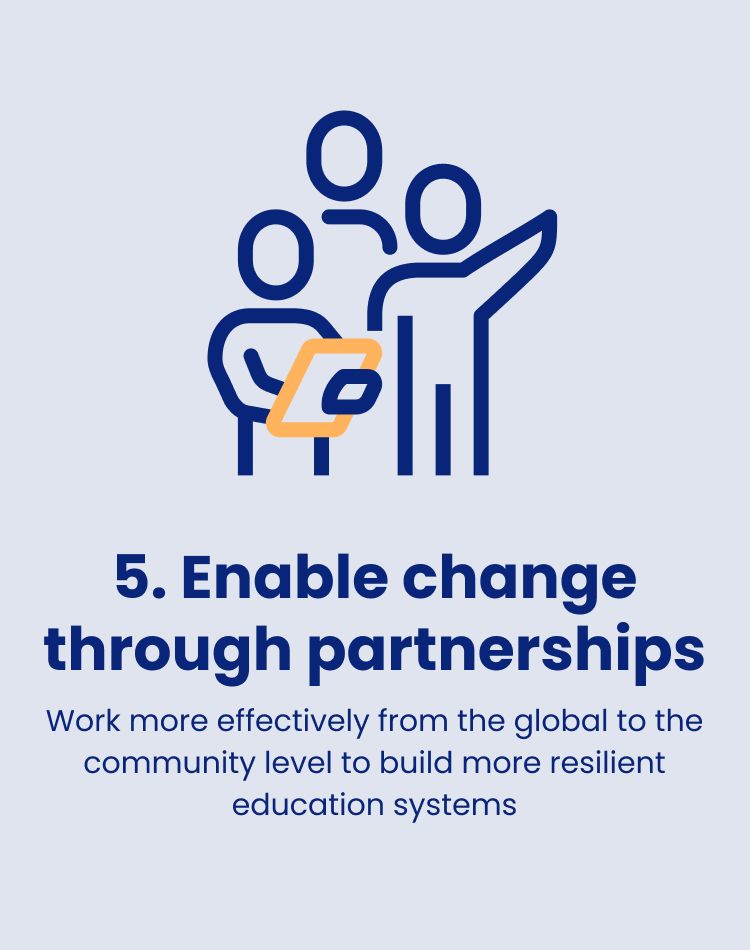
Connecting partners in the
Asia-Pacific region
Greater coordination between education stakeholders and collaboration between the public and private sectors leads to more efficient and effective education responses.
The DFAT-funded Australian Strategic Partnerships in Remote Education (ASPIRE) initiative, managed by ACER, connected Australian expertise in remote education with governments and institutions in the Asia-Pacific region to deliver a range of activities in digital pedagogy, online curriculum and teacher development during the pandemic. These partnerships increased the capacity of national education systems to respond quickly at the height of the pandemic, and provided lessons for continuous improvement and preparedness of their education systems to respond to future crises.
Read more about ASPIRE.
It’s time to act
The COVID-19 pandemic has exposed major weaknesses in education systems around the world and exacerbated the global learning crisis.
‘To be resilient to future crises, education systems must be ready to adapt.’
As an international community, we have an obligation to implement education strategies that enable children to flourish and reach their full potential.
Our research during the pandemic has brought 5 areas of need into sharp focus. We must work together now to build more agile and resilient education systems and rewrite children’s futures.
ACER’s work is made possible through our collaboration and partnerships with others. If you’d like to find out more about our research, or work together to address these key focus areas please contact us.
Discover more
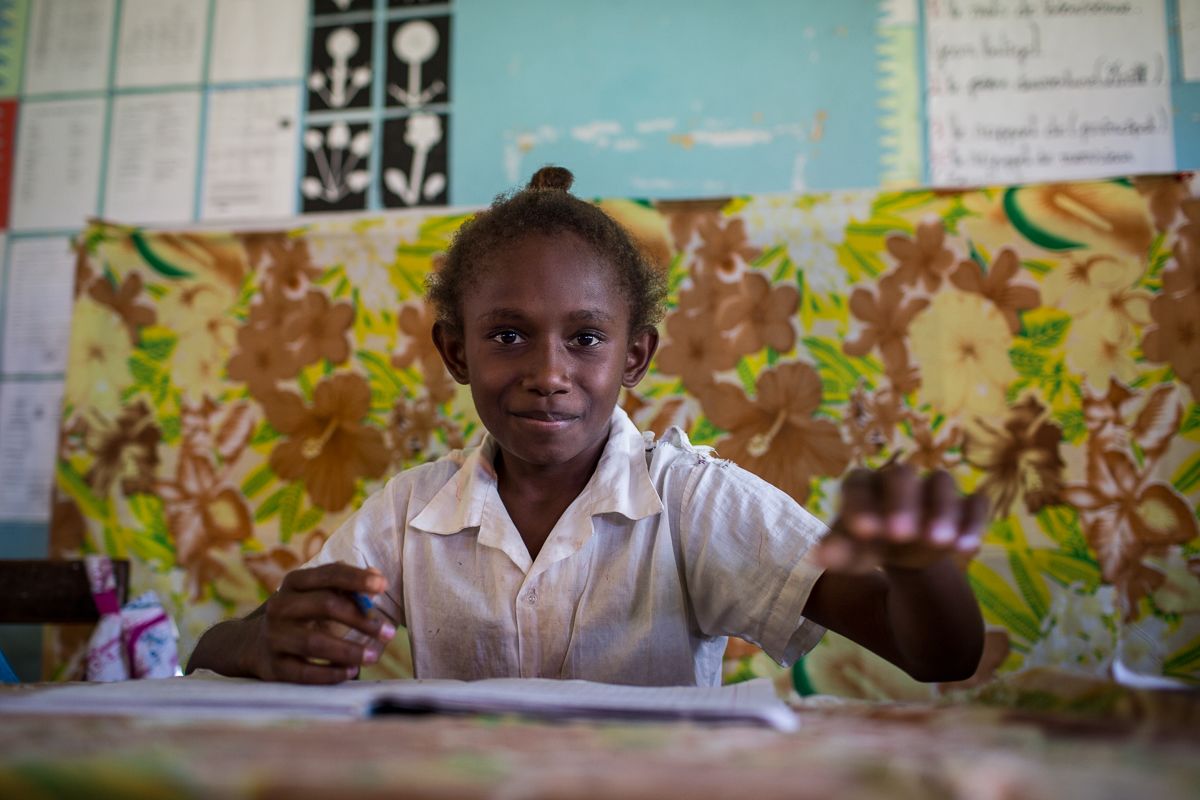
Emerging themes
in teacher development
What we learned about improving education from monitoring teacher development investments in 3 countries.
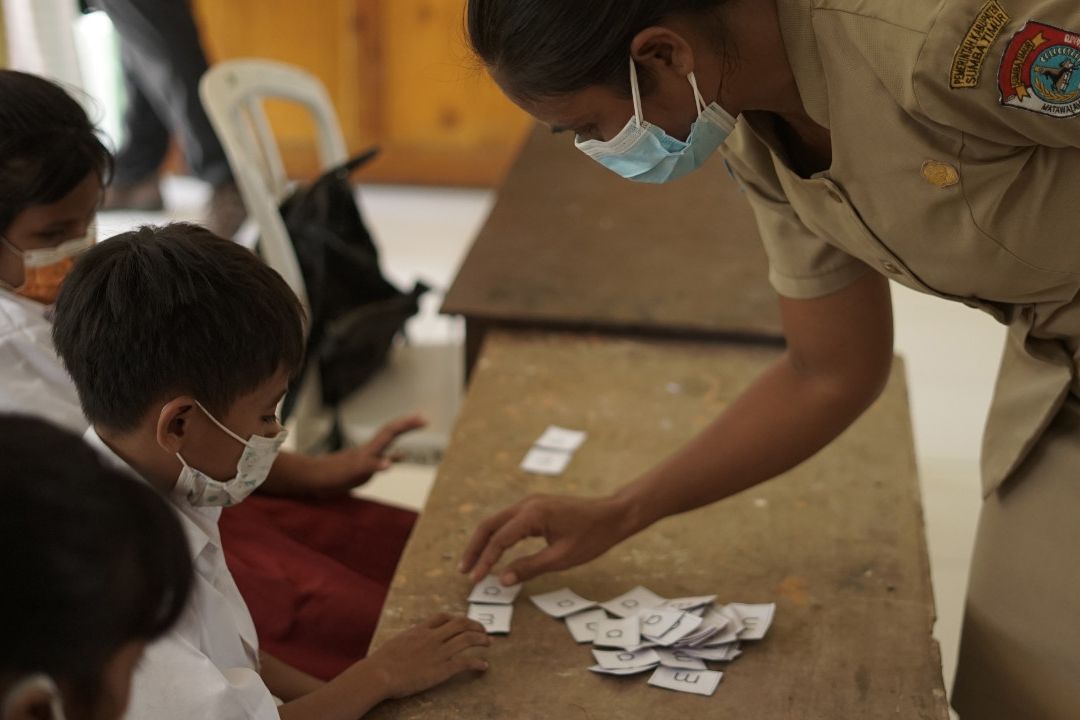
Understanding learning gaps for
system transformation
In 2021, in a world first, ACER mapped the learning gaps of Indonesian students against international benchmarks.
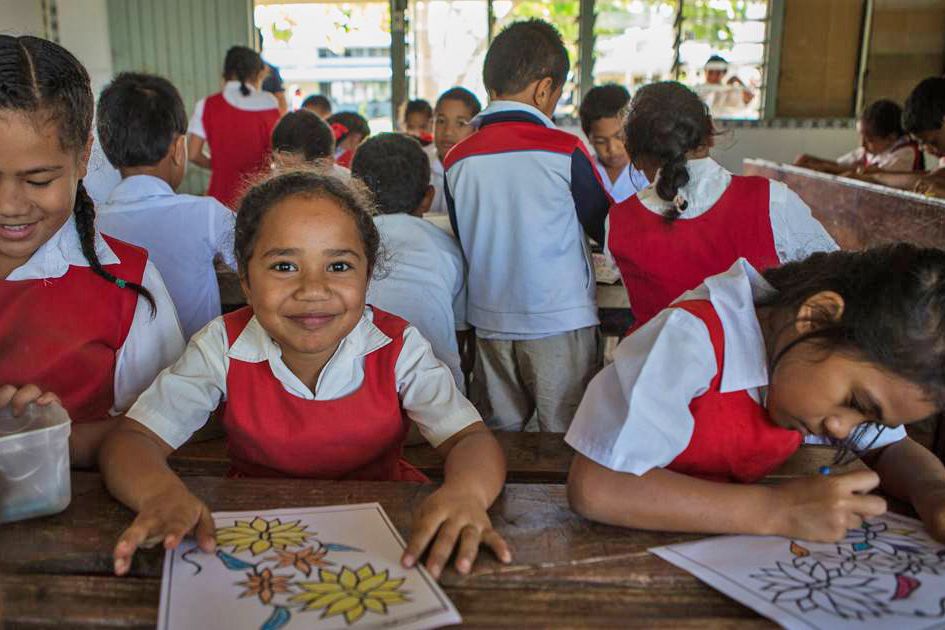
Improving the quality of education
in the Pacific
Results from the Pacific Island’s largest education assessment will help to inform improvements to literacy and numeracy in the region.
